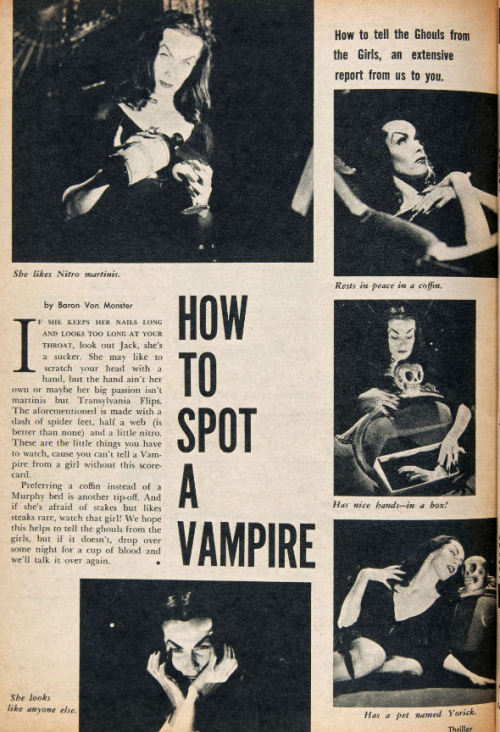- THEY had internet services that could entertain, connect, & enable ME.
- I had personal information THEY could sell to companies wanting to target goods & services to a receptive audience.
Not only was it a consensual transaction, but it SEEMED as if we got the better deal.
After all, what were we REALLY trading?
Browsing patterns? Location data? Emails?
For most it was data that not only did we not care about, but we didn't know that data was being created in the first place.
That assumption was true... at first.
Then enter "Big Data."
Over a decade ago, the idea of creating actionable intelligence from the disparate data pools collected from all that "useless information" moved from the rarified air of academic research into the enterprise market.
https://t.co/MtPe4fXnkj
At first, we rolled our own big data analytics using tools like Hadoop. Then vendors developed their own BDA into CRM.
Soon, companies like Salesforce, Amazon & Microsoft transformed ALL markets w/one promise:
"The data shows us what your customers WANT"
It all SEEMED a good thing.
BDA targeted us for products/services that were relevant & that could make us more efficient.
The problem was that we didn't catch the shift from:
"selling us stuff based on our needs"
to
"selling us a worldview based on our preferences."
As it turns out, the same data sets that can tell me what kind of shampoo you like & when you are ready to buy more, can be used to tell me your political leanings, dissatisfaction w/the government, prejudices & likeliness to act on those base impulses.
It's all just data.
Add to that the ability to CHEAPLY & rapidly generate consensus though social media, & we go from Google selling ads
... to Cambridge Analytica knowing which buttons to push to create anger/fear/uncertainty that can manipulate us into doing things AGAINST our best interests.
This isn't theoretical analysis.
It's forensics.
Cambridge Analytica alone has been reported to have been involved in the manipulation of more than 200 elections around the world.
Worse than that... THEY BOASTED of their abilities to do just that.
https://t.co/kWgL4pgOBL
Now, you'd be right to say that this sort of manipulation has been going on since the dawn of society.
We've always looked for ways to convince people to do what we want them to do.
The difference is that BDA abuse has allowed us to far more efficiently gaslight our audiences.
Usually, gaslighting fails b/c the lie only works until the group hearing the lie returns to our "shared reality."
If you told your followers that the sky is green, that lie would be proven wrong the next time they look up.
But what if you could convince your followers that, for whatever reason, they were being lied to?
What if you could convince them that you, and YOU ALONE, could be trusted?
What if you could convince them that anybody who didn't believe as they, was the enemy?
Now take it to the next level -- What if you could target individual groups WITHIN your group of followers and play on their specific insecurities?
Under the same tent you could have anarchists who don't trust the government, & pro law enforcement who also don't trust the gov.
You could have anti-vaxxers, arm-and-arm with medical professionals.
Constitutional conservatives alongside radical libertarians.
You could have those who believe in the "deep state" alongside those who treasure the institutions of governance.
With BDA, you can TARGET each of these desires and insecurities.
Not only can you efficiently gaslight your followers, but you can gaslight them into thinking that they are on the same side as those who are diametrically opposed to their worldview.
This is where BDA is now.
Give me the data, and I will target content that can radicalize.
I can promote events that will draw out the worst implulses.
I can create social networks that encourage the type or paranoia that I can control.



